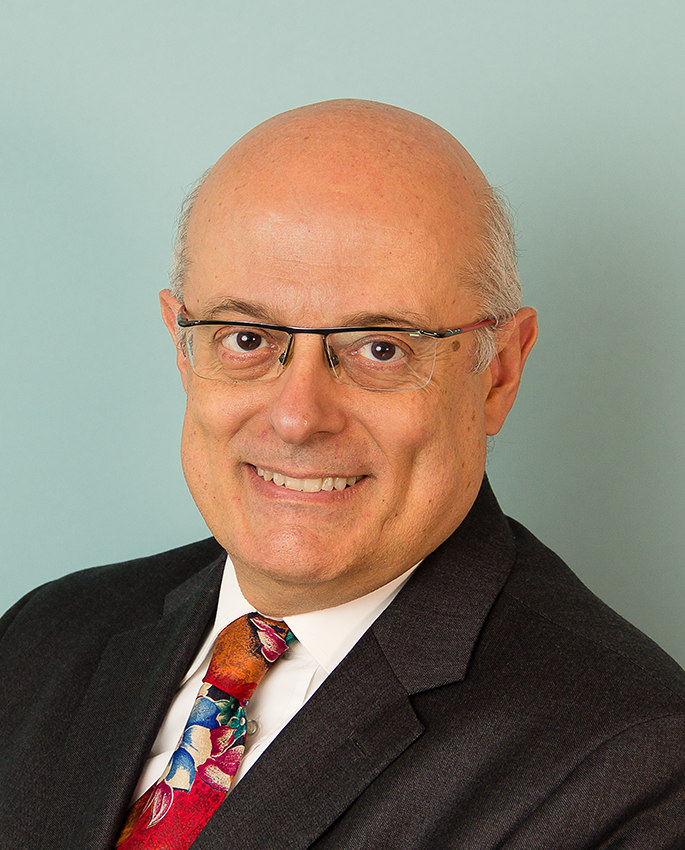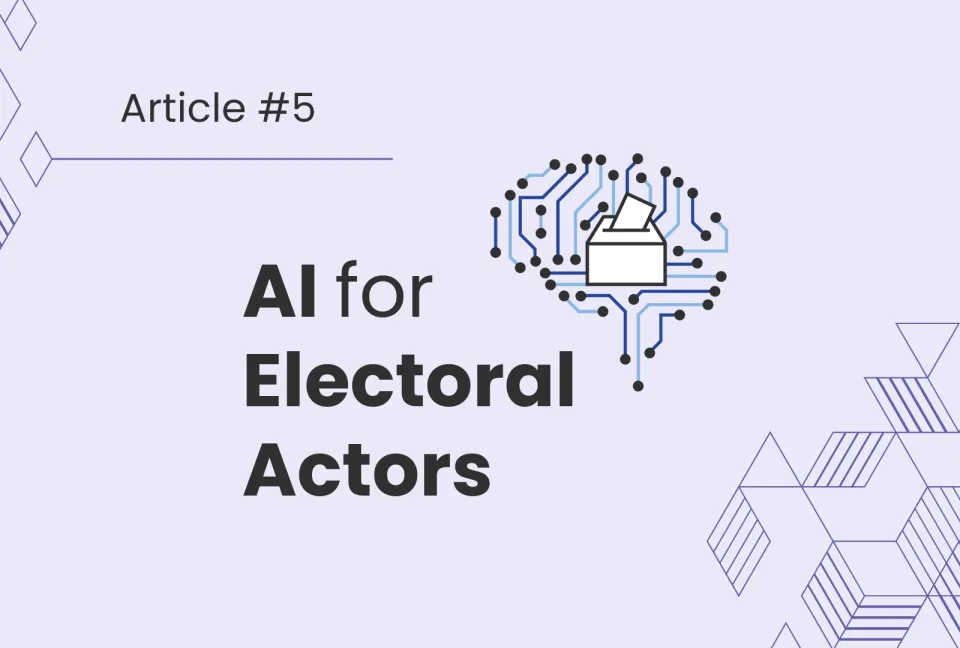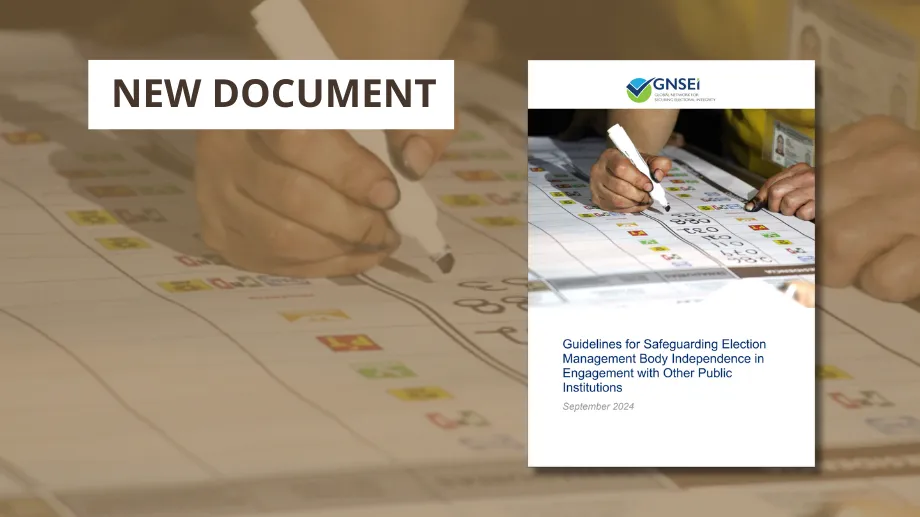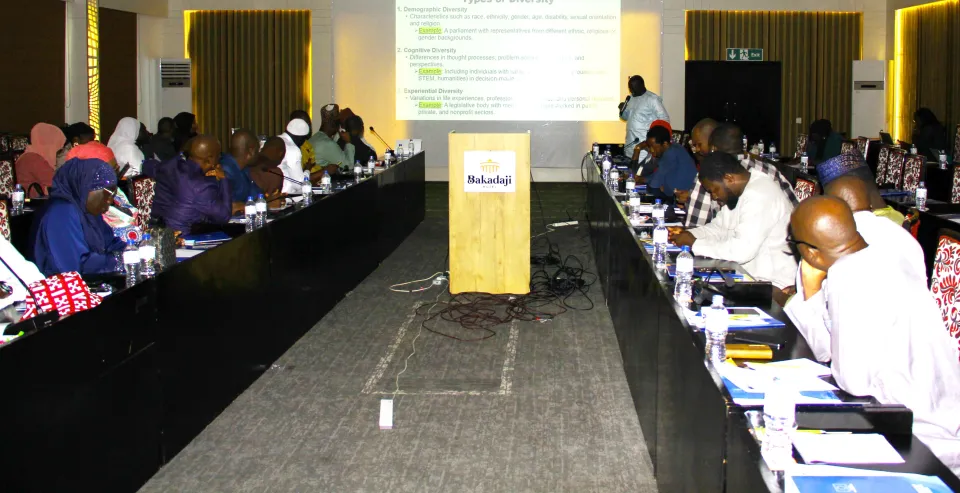The post-2015 agenda: the need for a democratic governance perspective
As UN Member States focus on the post-2015 development agenda, they could do no better than to reflect on the results of a recent UN conducted survey in which millions of people throughout the world listed honest and responsive government as one of their top priorities. As a recent meeting in New York shows, there is still some way to go before such aims are translated into action.
An observer of the June or July sessions of the UN General Assembly Open Working Group on Sustainable Development Goals (OWG/SDGs) would have barely noticed any major difference between the discussions that took place in the 1980s. Both the rhetoric used in the official statements and the geopolitical configuration of the negotiating blocs looked more pre-1989 than post-2015.
The sub-text of the intergovernmental negotiations on the SDGs framework revolved around, implicitly or explicitly, the avoidance of issues perceived as the possible source of new political conditionality; the weight assigned to the national versus international context (as if the two levels were in opposition to one another); the importance of common, but differentiated responsibilities; and the priority placed on domestic versus global governance reforms for achieving sustainable development.
The challenge for the OWG/SDGs was threefold: first, to build on the experience of the MDGs and to define a new framework for sustainable development; second, to shape a bold and forward looking vision that is at the same time globally relevant and universally applicable; third, to rethink the static picture of donor/recipient relationships typical of the MDGs narrative which are becoming obsolete in an increasingly multipolar world.
The OWG process was remarkably open and transparent. It engaged a wide range of actors, including representatives of the civil society and the private sector. However, the quest for consensus often prompts UN negotiations to reiterate agreed language from previous outcome documents and declarations. This diplomatic approach may provide a shortcut towards consensus, but inevitably constrains innovative thinking which tends to block significant change. As a compromise text, the OWG/SDGs outcome documentunsurprisingly shows both weaknesses and strengths.
Throughout the process, International IDEA advocated a democratic governance perspective in the definition of the SDGs by organizing side events; making statements and producing analysis. The failure to agree on a stand-alone goal on democratic governance is only partly compensated for by the inclusion in the SDGs framework of such goals, and some corresponding targets, as #5 on gender equality, #10 on inequality and #16 on peaceful societies, access to justice and inclusive institutions.
The next round of UN negotiations on the post-2015 development agenda should strengthen democratic governance aspects of the framework, both in terms of goal and target setting. IDEA’s experience shows that people centered and citizen-led assessments –provide a reliable means for measuring the quality of institutions and processes that are expected to deliver on the new development framework.
Like-minded Member States can and should be more pro-active. When considering accountability frameworks, they should focus on the role of responsive, participatory, accountable, transparent and democratic institutions for designing and implementing effective sustainable development. This would provide a much needed answer to the call of over 2 million of the 4.1 million respondents to a UN-led survey from all regions of the world, who have voted for an honest and responsive government among the top three priorities for the future.




